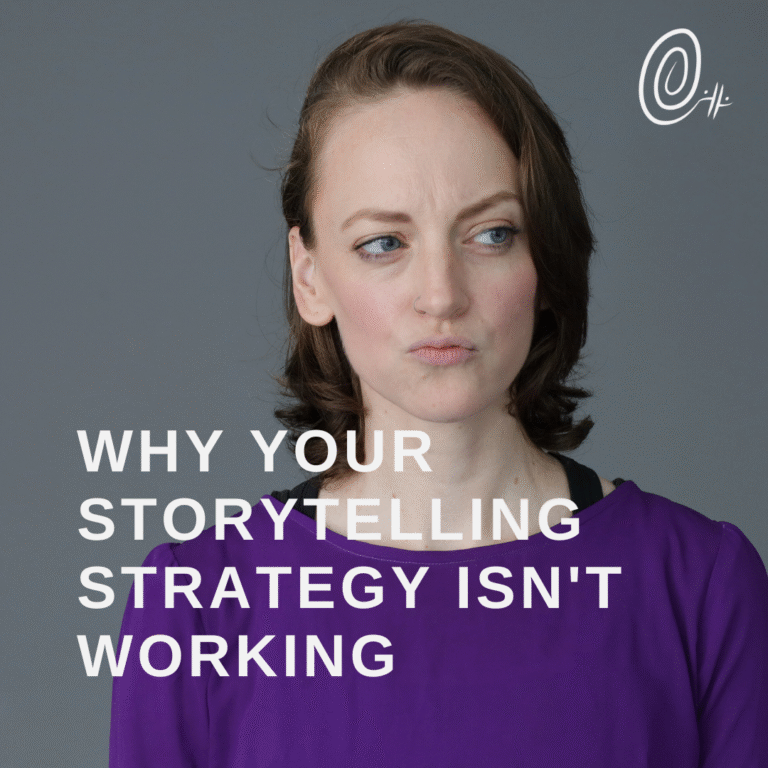How to Deal with Stage Fright
Let’s be real: stage fright isn’t just for newbies. It’s something that can continue, even with experienced performers and public speakers. Stage fright can come in various levels and affect people in different ways. For some it can be almost incapacitating.
I don’t usually get nerves before performances anymore, but I’ve also been performing for close to three decades. I’ve also learned various strategies for managing it, and at this point I generally confident enough in my abilities to not get a lot of nerves. Still, I do get the physical effects of stage fright like dry mouth, pounding heart, and shortness of breath, often before speaking publicly. If it’s movement I feel less nervous, because I’ve been doing it longer.
I’m sharing here a few strategies I’ve learned along the way to manage stage fright. Of course, while these work for me, they might not work for everyone. I hope that it gives you some ideas at least! Just remember, it’s normal!
Practice Performing In Low-Stakes Environments
One of the best things you can do to feel better about performing is performing. It sounds too obvious, I know. However, it really is the best thing you can do.
The thing is, how often do you really get opportunities to perform? For most people, it’s not an everyday occurrence, especially if you’re just starting out. And those opportunities often have stakes attached to them – it could be a presentation at work or for clients, speaking at a conference, a performance, an audition, anything. In all cases, there is some desired outcome, and therefore the performance and specifically your performance makes a big difference.
These are not good places to ‘practice’ performing. Practice in dance is something you do in a studio, and performance shouldn’t be any different. So, if you want to get better at performing and learn to manage your stage fright, the best way to do that is find small, low-stakes environments where you can practice.
This might be giving a short speech at you and your friends’ game night. It could be going to a local small open mic. It could be performing in front of your roommates.
There are just a couple requirements for this to work.
There must be at least one audience member, and they must know that you are performing. If they don’t know, it doesn’t count, because you won’t experience those emotions. If both you and your audience know that it is a performance, you will already start to feel the nerves. If you’ve ever planned your turn to speak in a class and started feeling your heart pounding, you know what I’m talking about.
For these practice performances, you can choose to take feedback or not. You can simply ask your friends and family to be witness while you learn. In this beginning stage, it is enough for you to just experience the act and intention of performance as much as you can and learn how it feels. Try different ways to deal with your stage fright each time, and see what works. Remember: these practice performances aren’t about the content of the performance, they are about the performance itself.
Practice Performing and Practice Your Performances Too!
It is not enough to think through what you will do during a dance performance. Nor is it enough to think through a speech or write it down. You have to do it. You have to enact it. Physically, out loud, whatever.
I tell my students this all the time, and they don’t usually believe me. In one performance class, I saw a student’s proposal and was surprised by their estimation that the performance would take fifteen minutes. I pushed them to actually try it out, and with subsequent rehearsals, they built it into a three hour installation performance. They were one of the only students I had that semester who actually physically practiced their performance as opposed to thinking about it, and the performance was predictably more mature, more developed, and more interesting.
Once again: you can think all you want. You can plan it out. You can write every word of a speech. But until and unless you practice it as it will be performed, you have not really practiced. True practice in this way is one of the only ways I’ve found that really, truly combats stage fright. One of the main aspects of stage fright is the fear of blanking out, and if you have actually practiced, this diminishes greatly.
Now, I know I sound like a nagging teacher or parent, did you realllllly practice? I’m saying it though because I’ve seen it a lot, and I’ve even experienced it. I get incredibly lazy sometimes and I don’t want to actually do it. I make a plan, I think it all through, and I tell myself that’s enough.
On the occasions that I force myself to do the real practice, though, I always notice the difference.
Don’t visualize: Just be
I’ve heard some people say that you should take the time before a performance to visualize yourself doing it and being successful.
The problem is, when your in the grips of stage fright, you don’t remember anything, and you can’t visualize yourself. I’ve had times when I started to panic because I was trying to remember the movements and couldn’t and I thought, oh no I’m going to freeze onstage and it’ll be awful.
Stage fright takes over your brain and makes it hard to think anything but doom and destruction and blanking onstage. Therefore, in my opinion, you should never visualize just before a performance. In the hours leading up to it, you might do a last rehearsal – fully actualized, with movement and/or speech, just less energy – but within the last hour, when you start feeling the nerves, stop. If you’ve rehearsed enough, your body knows what to do.
Instead, focus on warming up. I don’t meditate (same problem): I just focus on getting my body ready. If you are giving a speech, this might be vocal warmups, and probably physical warmups wouldn’t hurt either.
This has two benefits, in that it gets both your body and mind ready to go. By paying attention to the body and how it’s feeling, you move away from the anxiety spiral and come into the present moment. That really helps when you are onstage, because presence is what helps you remember and have good performances.
So that’s it – my three strategies for dealing with stage fright.
First of all, you have to practice the act of performing itself. Then you have to practice your performance, but remember that it needs several ‘real’ rehearsals where you actually do the movements or say the speech out loud. Finally, when it comes to showtime, don’t visualize. Focus on the present moment and getting ready, which I do by doing a thorough warmup.
I won’t tell you to have fun, because I know that stage fright isn’t fun, and it can be really tough to overcome. When you are onstage, then, just try to stay present. Remember your practices and focus on your voice, your body, and what you are doing. It’s only afterwards, when you feel the energy of it, that you can step back and enjoy!







